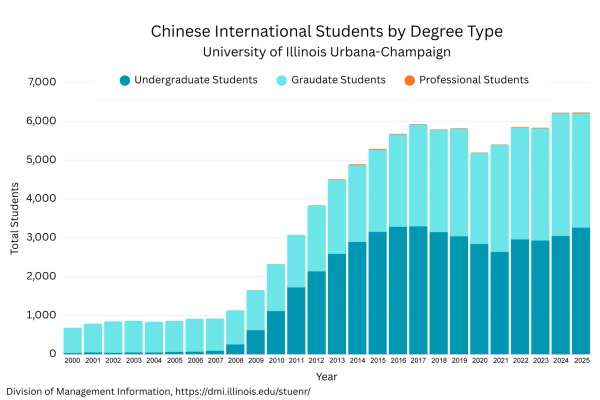Religious freedom should be free from ignorance

Mar 4, 2015
Lent is a season of penitence and preparation for Easter practiced by Catholics and some Christian denominations. During this special time, participants generally take steps in personal conversion such as fasting and putting an emphasis on prayer.
One very common practice is avoiding meat on Fridays during the Lenten season. So when I explained to my friends why I didn’t order a burger at McDonald’s last Friday, I did not expect to have my explanation followed by “Oh yeah I almost forgot you’re one of those Christians.”
It’s these kinds of comments that make me uncomfortable when talking about what I personally believe, and many others share the same sentiment. It’s almost like bringing up any mention of religion is taboo.
I understand that religious discussions have been at the center of many heated controversies, and facing such a discussion can make many feel uneasy. But in explaining why I chose not to eat a burger, I was not trying to harass anyone with my religious opinions. It was a simple statement of fact.
Despite the fact that the University is a public institution without any explicit religious affiliations, attendees should avoid being antagonistic toward religious people to avoid perpetuating ignorance.
Get The Daily Illini in your inbox!
I’m not about to deny anyone’s first amendment rights, but I would like to highlight how unnecessary these kinds of cynical remarks really are.
I don’t think my friend purposefully meant to say something senseless, but that’s how it came off, and I’ve heard many other sarcastic comments about Lent that are along the same lines. I’m one of the only actively religious people in my close group of friends, so I assume that their reactions may stem from a lack of familiarity with religious customs.
Rebekah Seyfert, a junior in the College of LAS, experienced a similar situation. During a conversation we had about Lent she said, “I showed up to lecture with ashes on my forehead and explained to my classmates what it meant. None of them seemed to practice these Christian customs and so the conversation got really awkward really fast.”
People may argue that discussions about religion have the potential to offend people of differing beliefs because they can come off as attempts at converting others.
I agree that if someone is disrespectfully trying to impose their beliefs on you, feel free to react however you deem appropriate. But when I merely stated the reason as to why I personally chose not to order a burger, I wasn’t forcing my beliefs on anyone.
In reaction to any mere statement about Christianity or any other person’s religion, people should try to avoid the ignorance of just spouting out whatever.
As members of a society that prides itself on being diverse and open minded, the line between religious tolerance and avoiding religion becomes blurred. Regardless of whatever personal affiliations you identify with, you will see churches at the street corners of a public campus, you will see students praying before exams, and you will hear friends and coworkers talk about their religions. Ignorant comments about religion perpetuate the false notion that our society demands religious beliefs never be expressed openly in public spaces.
Some may assume that as Christians, members of a popular religious group on campus, we may not feel the blunt or snide comments — but we do. Regardless of intentions, snarky comments in the face of someone exercising their right to freedom of religion comes off as ignorant.
Our constitutional amendments protect our right to hold any belief or religion. However, these protections do not equate to freedom from ever encountering religion or religious people. For example, even though the University is a public institution, there are still plenty of campus opportunities for religious students. The University is home to the popular Hindu Holi celebration on campus every year, there are registered student organizations for the Muslim students on campus and there are many events held for Christians during Lent.
For everything from seeing a student say a prayer in the cafeteria or make certain dietary choices, don’t be ignorant in the face of innocuous religious expression.
Stephanie is a junior in LAS.





